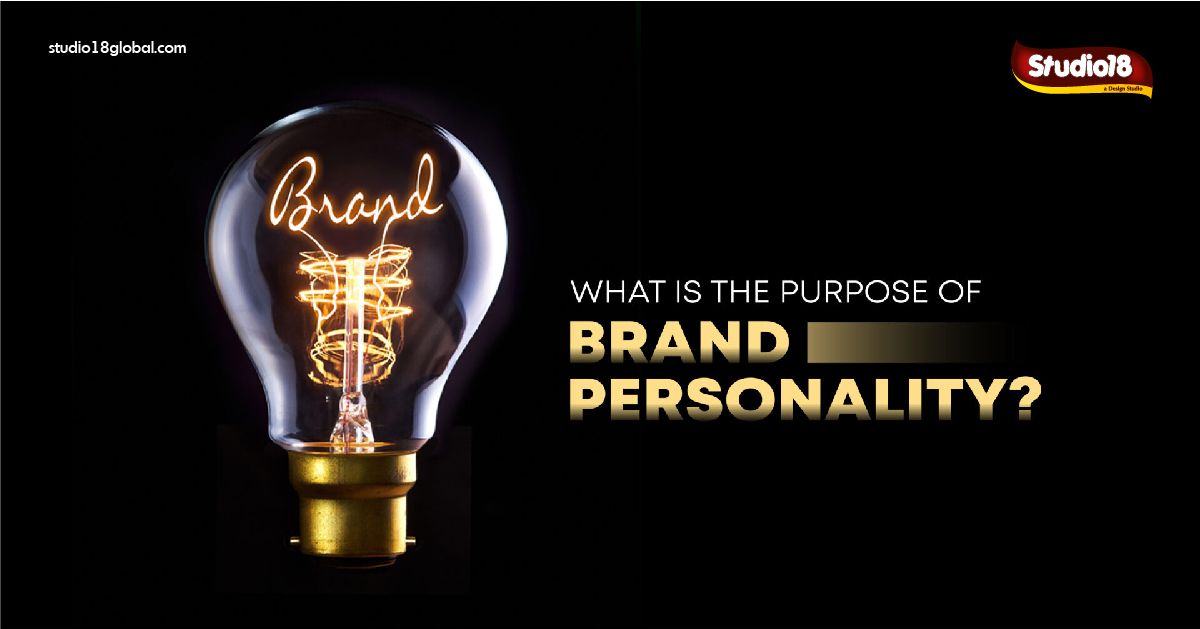 +91 97909 37369
+91 97909 37369 +973 33888701
+973 33888701
Brand personality is a consistent set of human traits that are assigned to a particular brand. It is known that customers feel connected to brands that they can relate to. The reason that brands can be related to makes them somewhat humanlike and not perfect. Brands do make mistakes, grow with age, and have a personality of their own. The personality of a brand essence shapes messages and builds relationships with the customers.
Physical attributes like company logo, colors, taglines are the elements that contribute to brand personality. But below the surface, certain key characteristics make the brand what it is. The emotional response a brand evokes is one such factor. We should never underestimate the importance of the human connection that a brand makes to its customers.
It is important to carefully nurture a brand personality because it helps in creating consistent brand communication. In the age of social media, brand messaging has become vital in all aspects of brand building. You may do all in your capacity to build your brand personality, but ultimately, your brand becomes what it is perceived to be your customers. Your customers remain the ultimate creators who also judge the brand character. If your brand personality is not in sync with what you project, the customers tend to reject your products or services.
Brand personality is thus a great resource to build brand equity. You have to approach your customers through consistent messaging, grain their loyalty and thereby create a value for your brand that your customers can identify with and which keeps your competitors at bay.
Generally, brand personality involves five dimensions that are most common and they include excitement, sincerity, ruggedness, competence, and sophistication. Excitement usually conveys traits of a carefree, youthful, and spirited attitude examples are Disney, GoPro, and Airbnb. Sincerity is all about being transparent, thoughtful, and mostly family-oriented or socially responsible like some MacDonald, Hallmark, and Pepsi. Ruggedness is skewed towards adventure, toughness, and athletic traits like Jeep, Safari, and Yeti. Innovative, clever, and efficient marks the Competency personality, and brands like Apple, Uber, and Zoom convey them. Refine, luxurious and private are the attributes of a Sophisticated personality brought forth by brands like Rolex, Rolls Royce, and Gucci.
Most brands focus on one single trait and develop their brand personality from there. But brand personalities are multidimensional and dynamic. Some personalities will fit within many categories. For example, Rolex fits into competency as well as sophistication.
Brands maintain their personalities through brand actions. The rugged brands show their rugged nature by creating quality outdoor gear and apparel. The brand extends its personality influence by taking a stance on reducing the environmental and social impact of its products. This means if you are going to talk, then walk the talk.
You can start creating a brand personality by first brainstorming. At the outset jot down all the traits you feel that can relate to your brand and the target customers then pick the best ones from there. Secondly, try to rate the personality traits you have finalized on a scale of one to five. Eliminate the least descriptive trait of your brand and pick the most descriptive one. Finally, we should acknowledge that it takes years of hard work and proper tweaking for a brand personality to fall into the right slot. In between changing the brand personality is okay, but you should be very careful not to harm your brand. Don’t jump on new trends without considering the big picture.